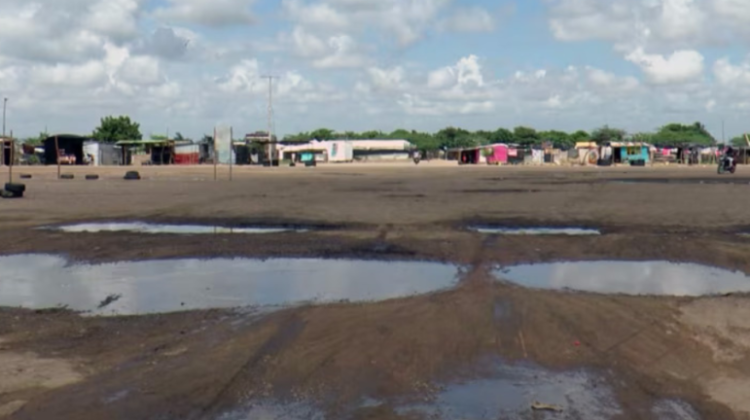Fortifying Water and Food Systems Against Climate Change

Credit: Voz de America
MIT’s Abdul Latif Jameel Water and Food Systems Lab, or J-WAFS, is solving important problems in water and food systems, including problems associated with what might be the most pressing issue facing humanity today—climate change. Envisioning a world where every person on Earth has access to clean, safe water and plentiful food, necessitates multi-faceted solutions that span across different disciplines and take climate change into serious consideration. Luckily, the MIT faculty, research staff, and students that J-WAFS supports have a broad range of expertise that enables them to take on some of the most pressing water and food challenges of our time.
The 2024 J-WAFS seed grant recipients will pursue research on topics as diverse as novel techniques to improve atmospheric water harvesting for arid regions and collaborative planning frameworks to address climate-driven water and food shortages for Indigenous and migrant communities.
“We received many excellent proposals from faculty across MIT, resulting in a competitive selection process. The seven projects that were awarded funding stood out for their technical and team strength, and likelihood of having a meaningful impact,” said J-WAFS associate director Rohit Karnik. “The awarded projects reflect the drive and ability of MIT researchers to tackle fundamental research, create new technologies, work with communities, and propose innovative solutions, all with the goal of addressing humanity’s need for water and food,” he added.
This year’s grants include many collaborative projects involving two or more principal investigators (PIs), often from different departments and schools. The seven seed grant projects will be conducted by fourteen MIT PIs from ten different departments, labs, and centers, including DUSP.
The project, Empowering Indigenous Communities: A Framework for Climate Resilience and Migration Planning in La Guajira, Colombia is led by Associate Professors Sarah Williams and Gabriella Carolini and Professors Janelle Knox-Hayes and Eran Ben-Joseph.
Indigenous groups and migrants worldwide have faced multiple climate and socio-political shocks. Living in densely populated settlements in peri-urban areas (regions that are neither completely urban nor rural), these communities often lack adequate water and sanitation, access to food, and healthcare. Addressing the multifaceted challenges of Indigenous and migrant communities requires a comprehensive approach, bringing together the techniques of convergence science, integrated systems thinking, transdisciplinary frameworks, and community engagement. Yet, there have been few attempts to integrate and apply these methods in peri-urban areas.
The DUSP team will develop a framework that considers the cultural, technical, and social dynamics of Indigenous and migrant communities while ensuring long-term sustainability. Specifically, the researchers will tackle the pressing issue of water and food shortages in Maicao, a region in Northern Colombia severely affected by drought due to climate change. The area is home to both the Indigenous Wayúu people and Venezuelan migrants who face significant challenges in accessing basic necessities. The team will collaborate with the Wayúu, Venezuelan peoples, and the United Nations World Food Programme (WFP) to co-design social, ecological, technical, and infrastructural solutions tailored to the social-political dynamics associated with climate change in Maicao. By engaging the community through a series of workshops on traditional ecological management practices, the researchers will ensure that the developed interventions are effective, culturally appropriate, and supported by those they are meant to help.


